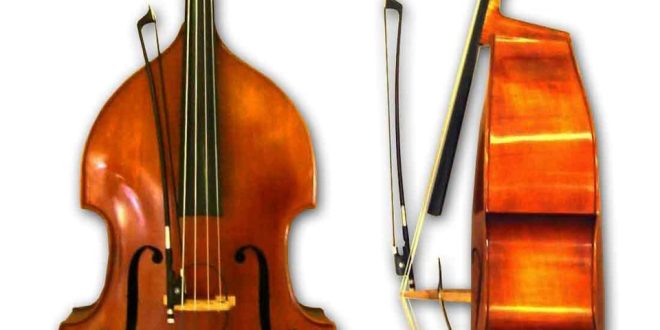Indonesia’s Second Lady, Wury Ma’ruf Amin, recently voiced a strong appeal: let’s bring back the fun of traditional Indonesian children’s games! At a recent cultural event, she spoke about how important these games are for sparking creativity, building social skills, and keeping our Indonesian heritage alive. She also pointed out the risks of relying too much on digital entertainment, emphasizing how special and valuable these classic games really are. Makes you think, doesn’t it? Are we losing something important?
The Importance of Traditional Games
Cultural Preservation
You know, traditional Indonesian children’s games? They’re not just about having a good time; they’re a real piece of our cultural identity. These games carry local customs, stories, and values that have been passed down for ages. When kids play these games, they’re connecting with where they come from, building a stronger sense of who they are. It’s like a living history lesson, but way more fun!
Physical and Social Development
Think about it: unlike staring at screens, these traditional games get kids moving! They’re running around, jumping, and developing their fitness and coordination. Plus, a lot of these games need teamwork, talking to each other, and figuring things out together – all super important social skills that kids need as they grow up. Honestly, can Candy Crush teach you that?
Cognitive Benefits
Okay, so maybe it’s not immediately obvious, but these games also give your brain a good workout. They challenge kids to solve problems, think strategically, and remember rules. It’s all about getting creative and sharpening those critical thinking skills. I remember playing “Congklak” as a kid and thinking it was just fun, but looking back, it totally made me a better strategist! Or at least, that’s what I tell myself.
The Decline of Traditional Games
Influence of Digital Entertainment
Let’s face it, video games and apps are everywhere these days, and they’re super tempting. It’s easy to see why kids might choose a phone game over something like “Gobak Sodor”. These digital games often give you that instant reward, and they can be pretty addictive, pulling kids away from things that get them moving and interacting with others. I’m not saying digital games are evil, but balance is key, right?
Lack of Awareness and Promotion
It’s also about knowing what’s out there, isn’t it? If parents and teachers don’t really know about these traditional games or how awesome they are, how are they going to introduce them to kids? It’s up to us to shine a light on these games and make sure they don’t fade away. Maybe we need a TikTok challenge or something?
Revitalizing Traditional Games
Education and Awareness Campaigns
We need to get the word out there! Educating parents, teachers, and kids about why these games are so great and how to play them is a must. Maybe some workshops, some cool posters, some viral videos? Let’s make traditional Indonesian children’s games cool again!
Integration into School Curricula
What if schools started including these games in their activities? Imagine playing “Engklek” during P.E. class or having a traditional games day. It would be a fun way to learn and keep these traditions alive. I would have definitely paid more attention in school if we did that, just saying.
Community Involvement
Getting the community involved is huge. Think about organizing events where families can play these games together, creating safe and regular spaces for kids to play. We could bring back that sense of community while having a blast. Wouldn’t that be amazing?
So, Wury Ma’ruf Amin’s call to action is definitely something to think about. It’s more than just playing games; it’s about keeping our culture alive, helping our kids grow up healthy and well-rounded, and maybe even reliving some of our own childhood memories. Why not dust off those old “Congklak” boards and give it a try? And hey, share your favorite traditional Indonesian children’s games! I’d love to hear about them.
 Cloudabouts
Cloudabouts



